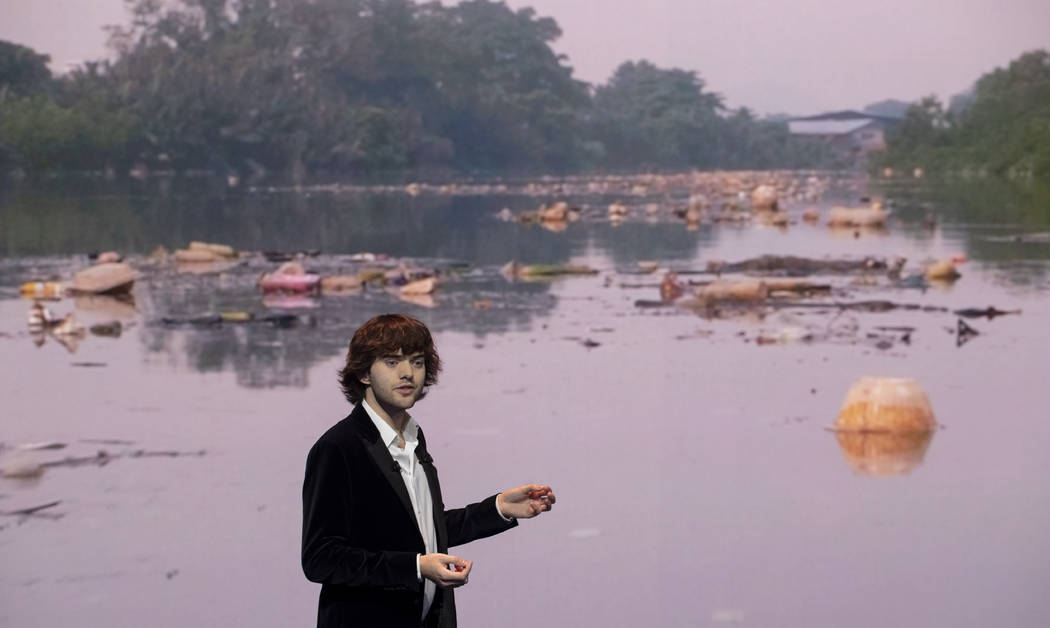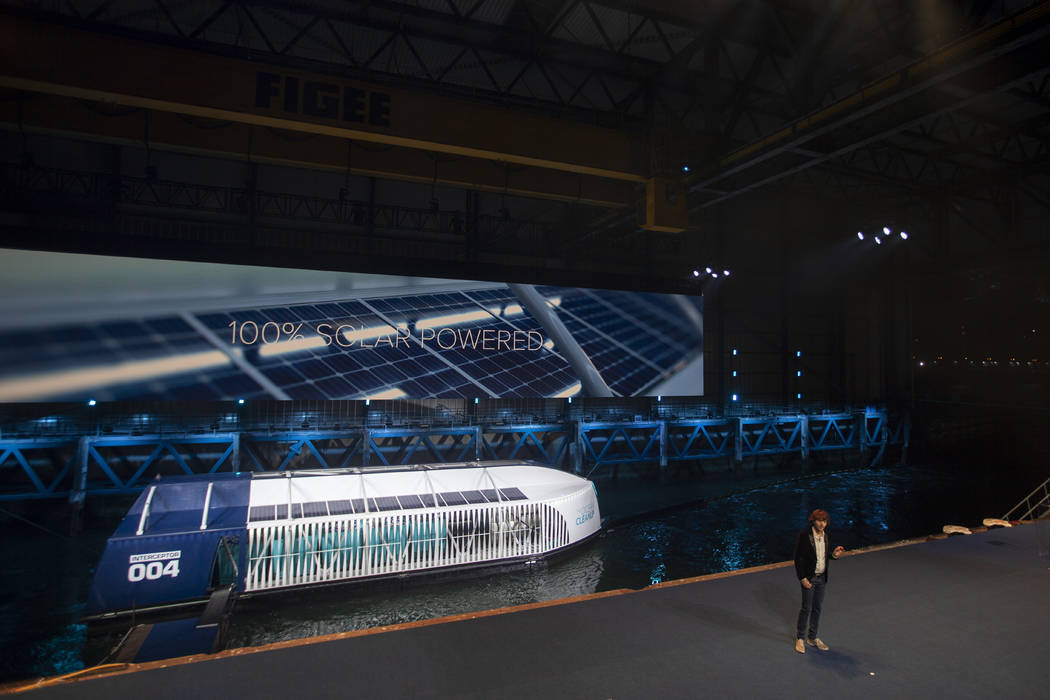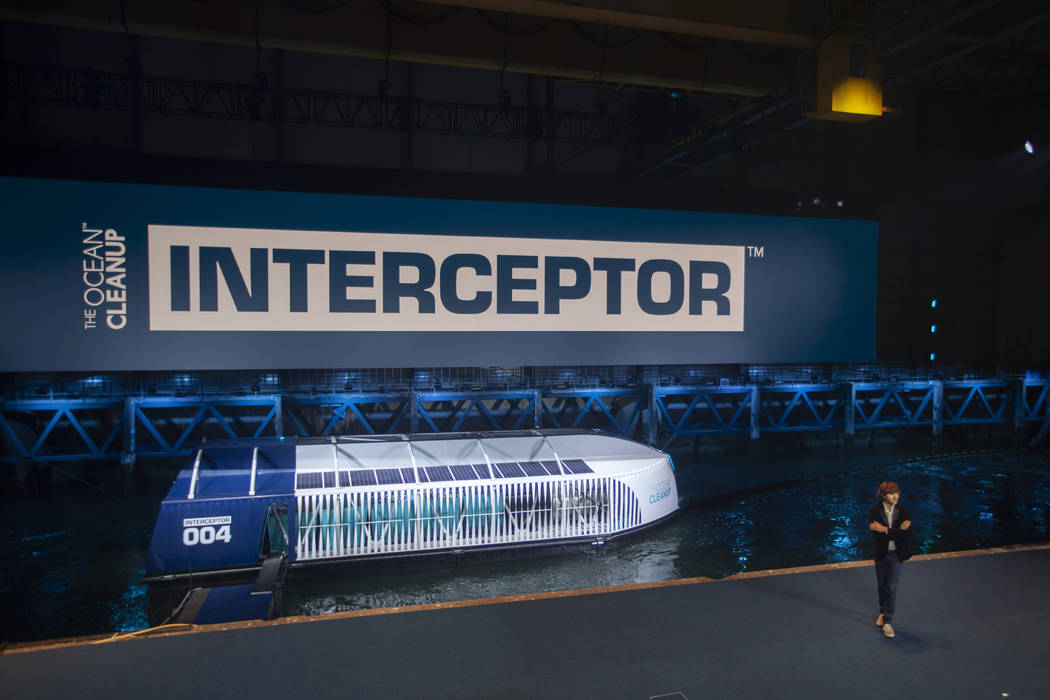EDITORIAL: Removing plastic from the ocean requires innovation, not straw bans
Innovation, not a ban on functioning straws, is what it will take to remove plastic from the oceans.
Environmentalists have identified a real and important problem. There’s an almost unfathomable amount of plastic polluting the ocean. Every year, 8 million tons of plastic enters the Earth’s vast seas. That’s so much plastic that six floating patches of the substance have formed around the world. One of them covers twice as large an area as Texas. Even more debris sinks below the surface. This is also harmful to marine life, which often mistakes the plastic for food.
Everyone can agree on the problem. After that, not so much. Consider where the pollution comes from. The push by U.S. environmentalists to ban plastic bags, plastic straws and plastic silverware makes it seem as if Americans are primarily responsible for this pollution. They aren’t.
A 2017 study by the Dutch organization The Ocean Cleanup found that 86 percent of the ocean’s plastic pollution comes from Asia. In these countries, rain drives plastic trash left on streets or beaches into rivers, which empty into the ocean. Another major source of plastic comes from fishing gear that’s discarded directly into the ocean.
Eliminating plastic straws in America isn’t going to make a dent in oceanic plastic pollution. But what can work is coming up with a way to remove plastic from rivers before it arrives at the ocean. That’s why it’s wonderful news that The Ocean Cleanup has done just that.
Last week, Boyan Slat, a 25-year-old college dropout who founded the group, unveiled a device called the “Interceptor.” It looks similar to a small ferry and skims plastic out of a river before it goes into the ocean. The Interceptor is solar-powered and doesn’t require human employees, except for contractors who remove and empty its dumpsters. Mr. Slat said one device is running in Indonesia and another is working in Malaysia. Two more devices soon will be cleaning rivers in Vietnam and the Dominican Republic.
This isn’t only a wonderful invention. It also could be a scalable solution. Mr. Slat said that 1,000 rivers, which is 1 percent of rivers worldwide, are responsible for 80 percent of river plastic pollution. Most of those rivers are in Asia, including the Philippines, China, India and Malaysia. The Delaware River is the only river in the United States on the group’s list.
If the American environmental movement is about more than political posturing, it should stop trying to ban straws. It should focus its time and money on inventions that can actually solve problems.
























